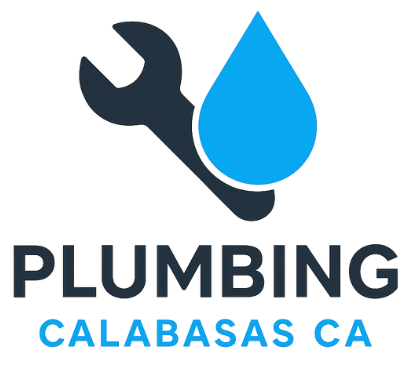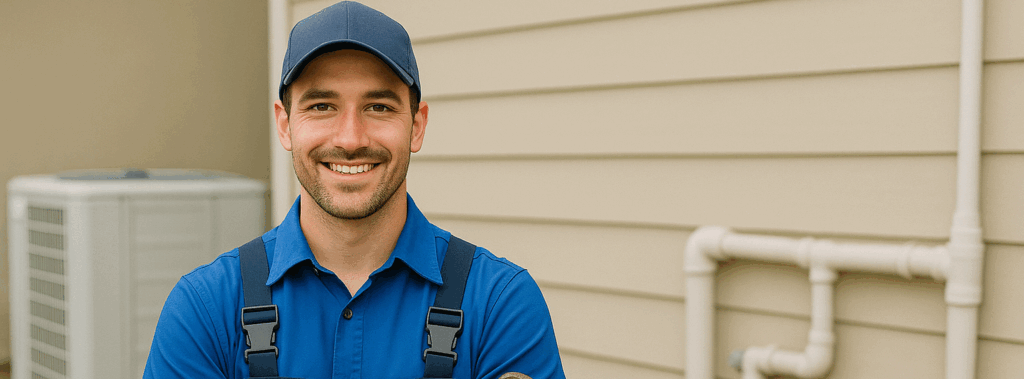Your water heater is one of the most important appliances in your home, quietly working behind the scenes to provide hot water for bathing, cleaning, and cooking. Yet, it’s often taken for granted – until it breaks down. With proper maintenance and care, you can extend the life of your water heater and avoid costly repairs or premature replacement. In this guide, we’ll cover practical steps to keep your unit running efficiently and lasting longer.
Know Your Water Heater’s Expected Lifespan
Before you can take steps to extend your water heater’s life, it helps to know what to expect. Traditional tank-style water heaters generally last between 8 and 12 years, while tankless (on-demand) units can last up to 20 years with regular maintenance. Understanding your water heater’s type, model, and installation date helps you track its age and plan for proper upkeep or eventual replacement.
Flush the Tank Regularly
Over time, sediment and mineral buildup collect at the bottom of your water heater tank. This sediment layer can cause overheating, reduce efficiency, and eventually lead to corrosion. To prevent this, you should flush your tank at least once a year or more frequently if you live in an area with hard water.
Here’s how to flush your water heater safely:
- Turn off the power supply (electricity or gas) to the heater.
- Connect a garden hose to the drain valve at the bottom of the tank.
- Run the hose to a suitable drainage area.
- Open the drain valve and let the water run until it’s clear of sediment.
- Close the valve, remove the hose, and restore power once the tank refills.
This simple maintenance step can dramatically increase the lifespan and performance of your water heater.
Check the Anode Rod
The anode rod is a vital component that prevents your water heater tank from rusting. It’s a metal rod, typically made of aluminum or magnesium, that attracts corrosive elements in the water – sacrificing itself to protect the steel tank. Over time, the anode rod deteriorates and needs replacement.
Experts recommend inspecting the anode rod every 2 to 3 years. If it’s less than ½ inch thick or coated with calcium deposits, it’s time for a new one. Replacing a worn anode rod can add several years to your water heater’s life.
Insulate the Tank and Pipes
Insulating your water heater tank and pipes helps maintain water temperature longer, reducing energy consumption and wear on the unit. You can use an insulation blanket specifically designed for water heaters, available at most hardware stores. Additionally, wrapping your hot water pipes minimizes heat loss as water travels through your plumbing system.
Be careful not to cover the thermostat or burner area on gas heaters, and always follow manufacturer safety guidelines when applying insulation.
Maintain Proper Temperature Settings
Keeping your water heater at the right temperature helps prevent scalding, reduces energy costs, and minimizes stress on the system. The U.S. Department of Energy recommends setting your water heater to 120°F (49°C). Higher temperatures may cause unnecessary wear and increase the buildup of minerals inside the tank, shortening its lifespan. Lowering the temperature also helps prevent damage to plastic components and reduces the risk of scalding accidents.
Test the Pressure Relief Valve
The temperature and pressure relief (T&P) valve is a critical safety feature that releases excess pressure to prevent your tank from exploding. To test it, place a bucket under the discharge pipe, lift the valve’s lever slightly, and let some water flow out. If water continues to flow after you release the lever, or if no water comes out at all, the valve may need replacement. Testing this valve once a year ensures your water heater operates safely and efficiently.
Keep the Area Around the Water Heater Clear
Whether you have a gas or electric water heater, keeping the surrounding area clear of clutter and debris is essential for safety and ventilation. Gas water heaters need adequate airflow to function properly, while electric models benefit from an open area that allows easy access for maintenance. Avoid storing flammable materials near your unit, and make sure there’s enough clearance for inspection and repairs.
Install a Water Softener (If You Have Hard Water)
Hard water is one of the leading causes of sediment buildup and scale formation in water heaters. The minerals – mainly calcium and magnesium – accumulate inside the tank and heating elements, reducing efficiency and causing premature wear. Installing a water softener helps filter out these minerals before they enter your water heater, keeping it cleaner and more efficient over time.
Inspect for Leaks and Corrosion
Small leaks can quickly escalate into major problems if left unchecked. Regularly inspect your water heater for signs of rust, corrosion, or moisture around the base. Even minor leaks can indicate internal damage or failing seals. If you notice any signs of corrosion, contact a professional plumber in CA to assess the issue before it leads to costly damage.
Schedule Annual Professional Maintenance
While DIY maintenance can go a long way, it’s still wise to schedule annual inspections with a qualified plumber. A professional can check components such as the burner, thermostat, pressure valve, and anode rod to ensure everything is in good working order. They can also identify potential problems early, saving you from expensive breakdowns later on.
Upgrade When Necessary
Even with the best maintenance, no water heater lasts forever. If your unit is more than a decade old and experiencing frequent issues, it might be time to consider a replacement. Modern water heaters are far more energy-efficient, providing better performance and lower utility costs. When it’s time to upgrade, choose a model that fits your household’s needs and look for Energy Star-rated options for maximum efficiency.
Extending the life of your water heater doesn’t require complex tools or costly maintenance – it simply takes consistent care and awareness. By flushing the tank regularly, inspecting the anode rod, insulating pipes, maintaining proper temperature, and scheduling professional checkups, you can enjoy reliable hot water for many years to come.
If you ever notice performance issues, leaks, or unusual noises from your unit, don’t wait until it fails. Contact your trusted plumbing experts in CA for prompt inspection and repair. With a little maintenance today, you can save time, money, and avoid the discomfort of cold showers tomorrow.

